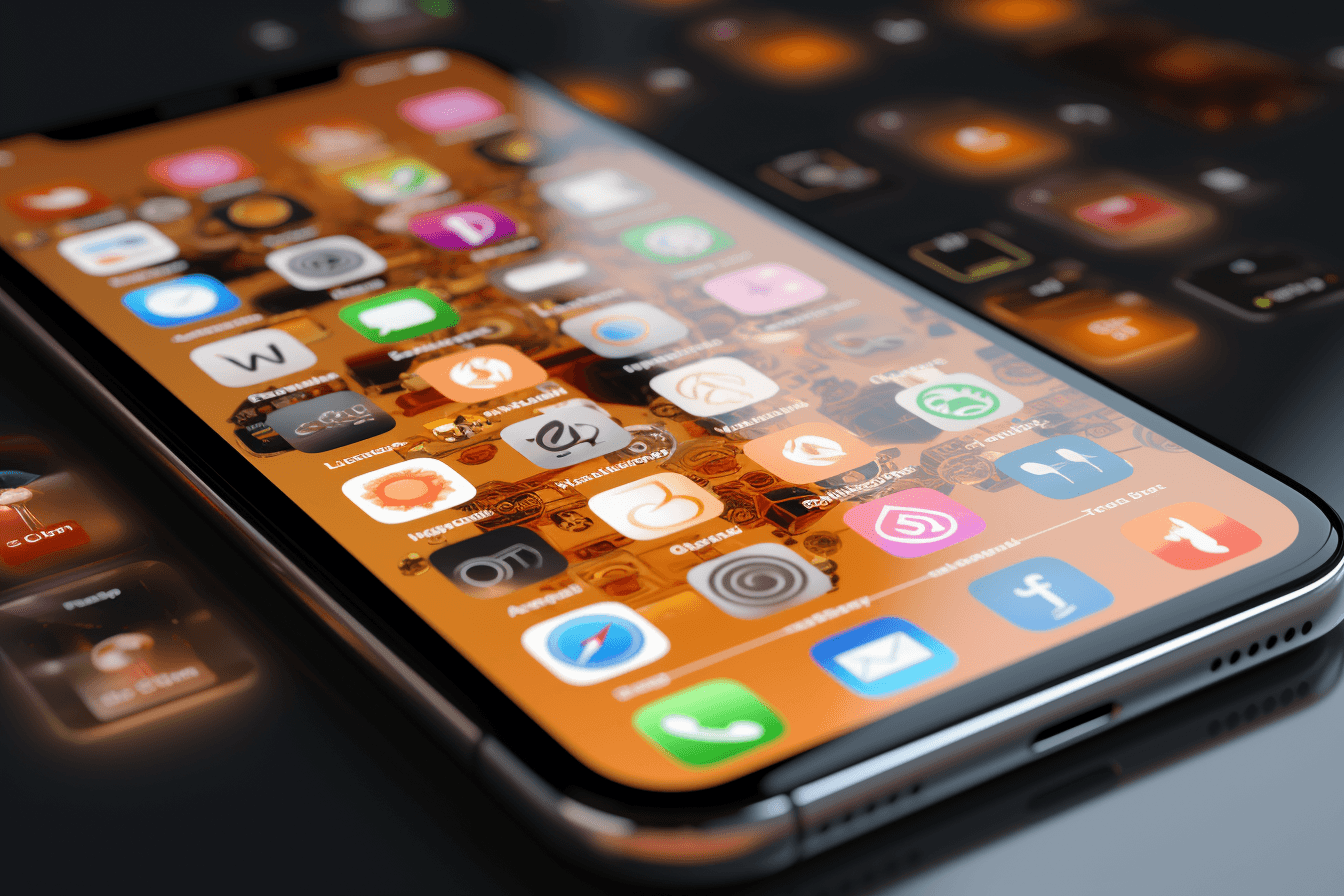Online Safety and Privacy
May 1, 2022
|
Min Read
Mobile Devices
That smartphone in your pocket, that tablet on your coffee table or that laptop on your desk contains a treasure chest of information about you, your friends and your family.
Mobile device data typically includes contact information, photos and location data. Because of this, your mobile devices need protection. Follow a few simple security precautions and enjoy your mobile tech with peace of mind.
Keep a Clean Mobile Machine
Keep operating software and security programs current on all devices
Having the most up-to-date mobile security software, web browser, operating system and apps is the best defense against viruses, malware and other online threats.
Delete when done
Many of us download apps for specific purposes, such as planning vacations, and have no use for them later. You might also lose interest or need for certain apps. Delete apps and accounts you no longer use or need.
Protect Your Personal Information
Secure your devices
Use strong passphrases, passcodes, PINs or other features, such as facial identification, to lock your devices. These passwords are your first level of defense if your device is lost or stolen.
Treat personal information is like money
Value it. Protect it. Information about you, such as the games you like to play, what you search for online and where you live, has value – just like money. Be thoughtful about what services or people request that information and how it’s collected through apps and websites.
Own your online presence
Use security and privacy settings on websites and apps, especially social media platforms, to manage what is shared about you and who sees it.
Now you see me, now you don’t
Some physical stores and locations look for devices with WiFi or Bluetooth turned on to track your movements while you are within range. Cybercriminals can use this technology, too. Disable WiFi and Bluetooth when not in use.
Connect with Care
Get savvy about WiFi hotspots
Public wireless networks and hotspots are not secure, which means that anyone could potentially see what you are doing on your laptop or smartphone while you are connected to them. Limit what you do on public WiFi, and avoid logging in to key accounts like email and financial services. Consider using a virtual private network (VPN) or a personal/mobile hotspot if you need a more secure connection.
When in doubt, don’t respond
Fraudulent text messages, calls and voicemails have become extremely common. Just as with email, mobile requests for personal data or immediate action are almost always scams. Treat spammy text messages and phone calls as you’d treat email spam – block and report.



